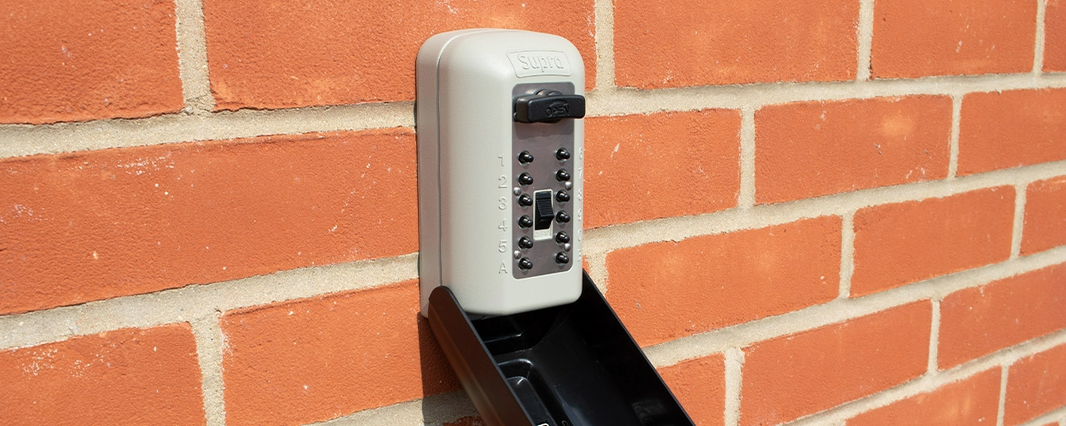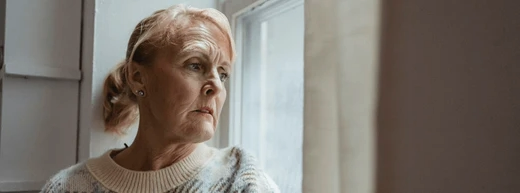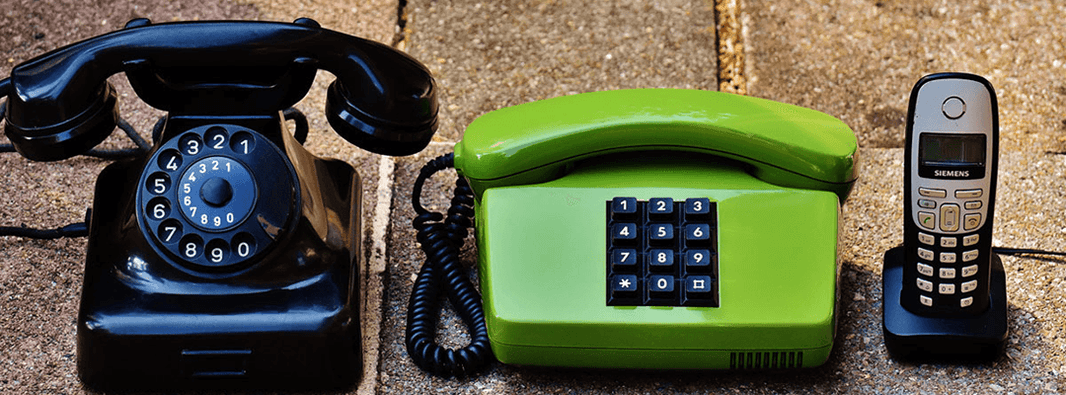As your loved ones get older, it is likely that their hearing will get worse. Whilst age-related hearing loss is a natural part of growing older, it can be quite distressing. Sometimes our loved ones may be reluctant to talk about it, as they do not want to face the fact that they are getting older. However, the sooner age-related hearing loss is discussed, the easier it is to address.
Hearing Problems
The signs of age-related hearing loss can be subtle at first. Certain sounds we don’t usually notice can become inaudible, and voices can become slightly muffled. Over time, these signs will worsen as their hearing continues to deteriorate.
An inability to hear high-frequency sounds is usually a sign of age-related hearing loss. Some vocal sounds, such as “s”, “f”, and “th”, can become harder to hear. You may notice that your loved one is suffering from age-related hearing loss if they:
- Repeatedly ask people who are speaking clearly to stop mumbling
- Often ask people to repeat what they have said
- Struggle to understand people in noisy places
- Cannot keep up with group conversations
- Get tired quickly when concentrating on sounds
- Put the volume up too high on their TV or when listening to music
- Have difficulty hearing people on the telephone
Causes of Age-Related Hearing Loss
The main cause of age-related hearing loss is gradual wear and tear. As we age, the “hair cells” in our ears slowly deteriorate. This impacts the inner ear’s ability to process soundwaves.
Age-related hearing loss can be exacerbated by other factors. If your loved one has a history of hearing loss in their family, they will likely be at increased risk of losing their own hearing. This is especially true if there is a history of middle ear disease.
Another potential cause of hearing loss is tinnitus. Studies have shown that about 90% of people with tinnitus also have hearing loss, suggesting there may be a connection between the conditions.
Talking About Age-Related Hearing Loss
It is important to remember that there is nothing wrong with talking about hearing loss. If you think your loved one’s hearing is deteriorating, it is worth discussing it with them before it gets worse.
They may be reluctant to admit that they are experiencing age-related hearing loss. No one likes to think about how their body is ageing. If they struggle to admit that they are struggling, it is worth reminding them that hearing loss happens to one in five adults. They are not the first and they will not be the last. Moreover, there are a multitude of resources available to support them.
If you have concerns, encourage them to have their hearing checked by their GP. You can ask them to go just for your peace of mind or suggest that the GP might find that there is nothing wrong after all. In some cases, a visit to the GP may find that the hearing loss has merely been caused by a build-up of ear wax.
Your loved one can complete an informal hearing test online to check whether they have hearing loss.
Treatment for Age-Related Hearing Loss
If there are signs of age-related hearing loss, your loved one will be referred for a hearing assessment. This will determine the cause of the hearing loss and identify the best possible treatment.
There is no cure for age-related hearing loss, though its effects can be counteracted by using hearing aids. Hearing aids use electronic signals to strengthen your loved one’s remaining hearing. Whilst they do not restore “normal hearing”, they will improve your loved one’s quality of life.
Unfortunately, age-related hearing will continue to deteriorate over time. As such, it is important that your loved one gets their hearing tested regularly to ensure they are receiving the best possible support from their hearing aids.
As age-related hearing loss progresses, your loved one may find they benefit most from learning sign language or lip reading. These can help to reduce the impact of hearing loss by providing your loved one with alternative means of communication. Therefore, they will be less likely to face disruption to their way of living.
Additional Support from Careline365
As your loved ones age, they may need some additional support around the home. Hearing loss can make it more difficult to get around, as can other medical conditions such as arthritis. Over 65s are at higher risk of having a fall and can sometimes find themselves unable to call for help.
A Careline alarm provides additional peace of mind to your loved ones and to you, offering 24/7 support 365 days a year. If support is needed, a simple press of a button alerts our professional Care Team, who will alert emergency contacts if your loved one needs help.
If your loved one cannot hear the loudspeaker in their alarm, that is not a problem. A lack of response from a customer is considered an emergency, and our team will quickly contact the emergency services.
To find out more about our alarm service, check out our detailed guide. Alternatively, you can call our friendly customer support team on 0808 304 4183.









